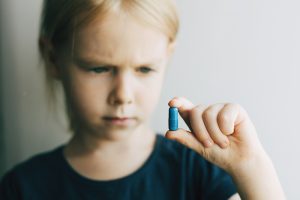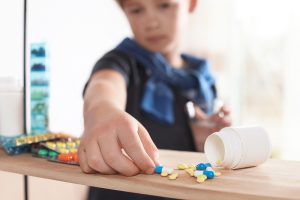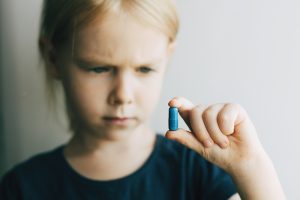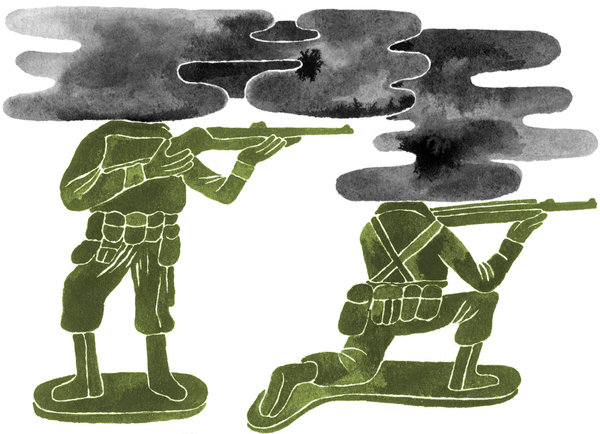
3 Million Children at Risk for ADHD Drugs’ Adverse Effects
CCHR says new study on drugs prescribed for ADHD adds evidence that children are exposed to dangerous adverse effects: poisoning, heart failure, violent behavior, and…


CCHR says new study on drugs prescribed for ADHD adds evidence that children are exposed to dangerous adverse effects: poisoning, heart failure, violent behavior, and…

With October designated “ADHD Awareness Month,” CCHR exposes the myths, risks, and harm to 3.1 million children prescribed stimulants, while praising efforts that brought a…

New studies have prompted watchdog concerns about the millions of U.S. children—many younger than five—and teens taking antipsychotics, antidepressants and stimulants, despite risks, including diabetes…

Two of the top 3 types of prescription drugs that people tend to overdose on are psychiatric drugs: benzodiazepines and ADHD drugs. CDC stats show…

Last year, more active-duty soldiers committed suicide than died in battle. This fact has been reported so often that it has almost lost its jolting force. Almost.
Worse, according to data not reported on until now, the military evidently responded to stress that afflicts soldiers in Iraq and Afghanistan primarily by drugging soldiers on the front lines. Data that I have obtained directly from Tricare Management Activity, the division of the Department of Defense that manages health care services for the military, shows that there has been a giant, 682 percent increase in the number of psychoactive drugs — antipsychotics, sedatives, stimulants and mood stabilizers — prescribed to our troops between 2005 and 2011. That’s right. A nearly 700 percent increase — despite a steady reduction in combat troop levels since 2008.